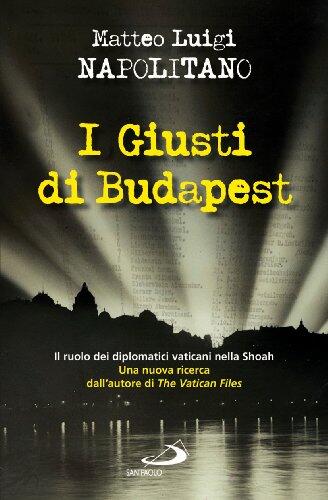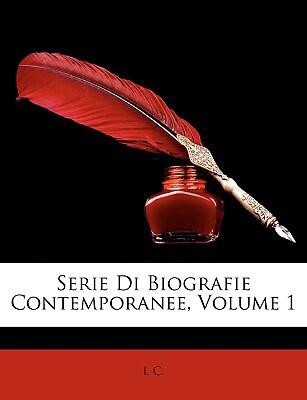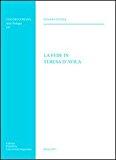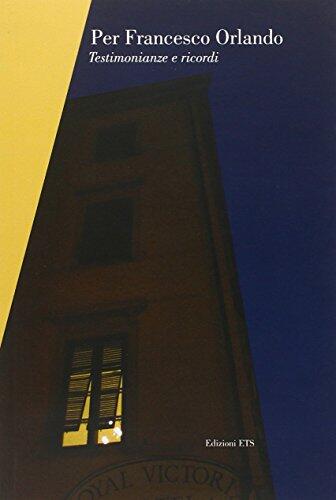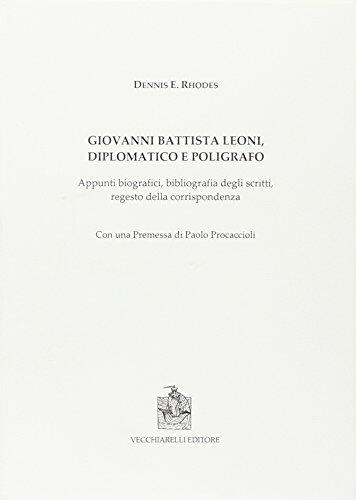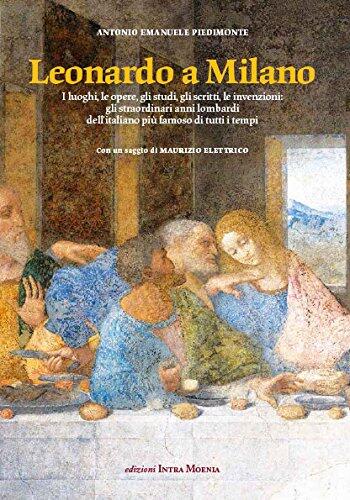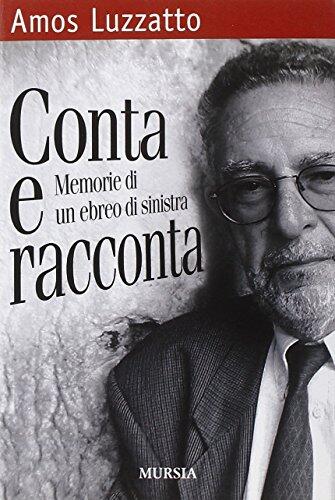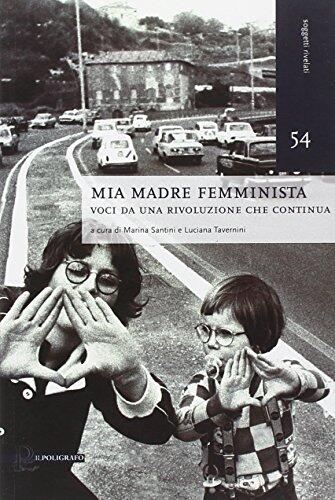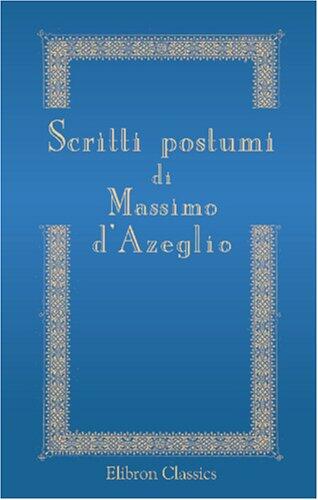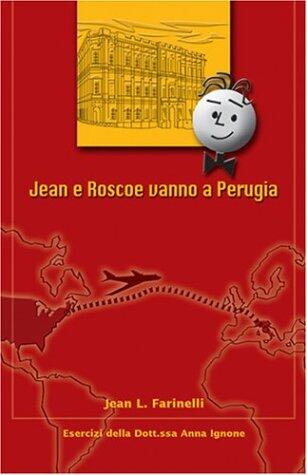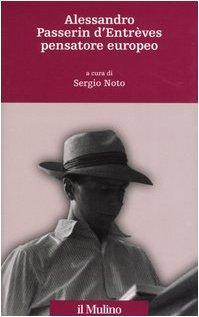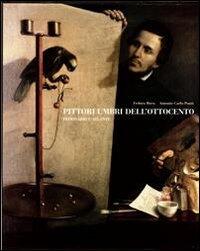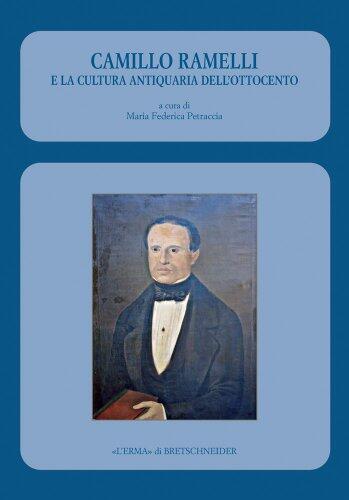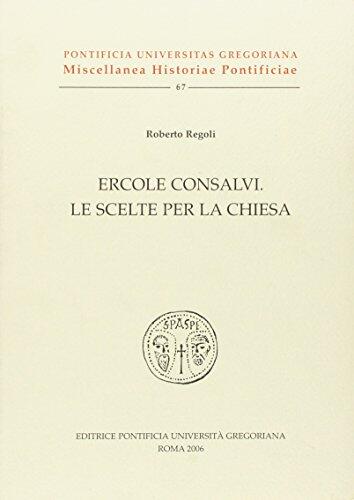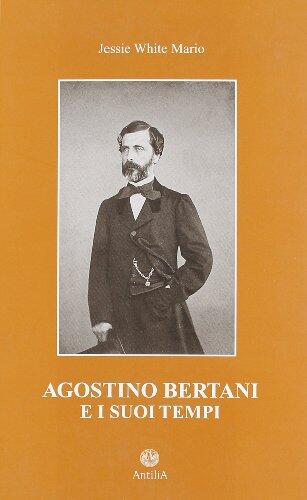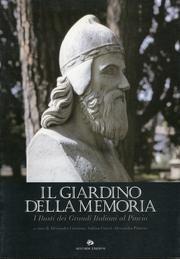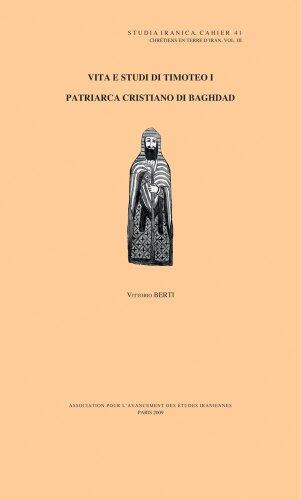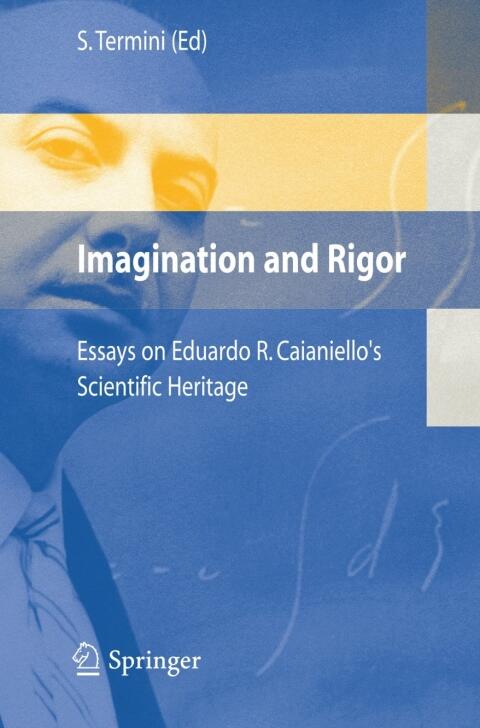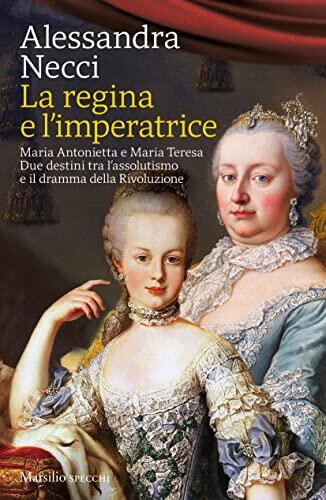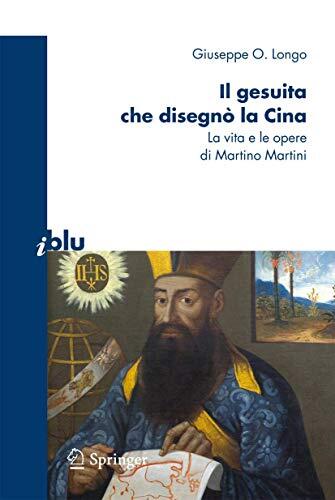
Il gesuita che disegnò la Cina: La vita e le opere di Martino Martini
بواسطة
Giuseppe O. Longo
لا توجد تقييمات بعد
Biography
History
تنسيق
غلاف ورقي
صفحات
167
لغة
إيطالي
منشور
Mar 8, 2010
الناشر
Springer
الطبعة
2010
رقم ISBN-10
8847015324
رقم ISBN-13
9788847015326
الوصف
Set against the backdrop of 17th-century China, this insightful account delves into the life and works of Martino Martini, a Jesuit missionary whose contributions shaped Western understanding of the East. Through meticulously researched narratives, Giuseppe O. Longo paints a vivid portrait of a man who not only served his faith but also acted as a crucial cultural bridge between two vastly different worlds.
Martini's journey brought him into contact with the rich tapestry of Chinese civilization, from its intricate philosophies to groundbreaking scientific advances. Longo captures these interactions with a deep appreciation for the complexities of Martini's experiences, highlighting the challenges he faced in his mission to document and interpret the nuances of Chinese society.
Readers will find themselves captivated by Martini's passion for knowledge and his dedication to sharing his findings with a Western audience, all while navigating the intricacies of diplomacy and cultural exchange. The narrative reveals how his artistic talents and scholarly efforts contributed to a broader understanding of a world that was largely enigmatic to Europeans at the time.
Longo's portrayal does not shy away from the struggles and conflicts that Martini encountered, nor does it glorify the colonial mindset of the era. Instead, it invites readers to reflect on the intersections of faith, knowledge, and cultural understanding, offering a profound examination of a remarkable figure who played a pivotal role in the history of East-West relations.
Martini's journey brought him into contact with the rich tapestry of Chinese civilization, from its intricate philosophies to groundbreaking scientific advances. Longo captures these interactions with a deep appreciation for the complexities of Martini's experiences, highlighting the challenges he faced in his mission to document and interpret the nuances of Chinese society.
Readers will find themselves captivated by Martini's passion for knowledge and his dedication to sharing his findings with a Western audience, all while navigating the intricacies of diplomacy and cultural exchange. The narrative reveals how his artistic talents and scholarly efforts contributed to a broader understanding of a world that was largely enigmatic to Europeans at the time.
Longo's portrayal does not shy away from the struggles and conflicts that Martini encountered, nor does it glorify the colonial mindset of the era. Instead, it invites readers to reflect on the intersections of faith, knowledge, and cultural understanding, offering a profound examination of a remarkable figure who played a pivotal role in the history of East-West relations.
